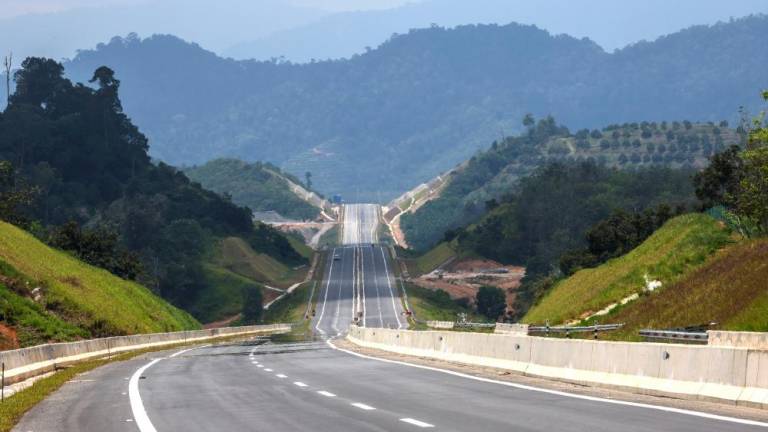AS countries fortify or completely lock their borders in the wake of the Covid-19 pandemic, global authorities have warned of the uncertainty of food availability, portending not just a health crisis but also a potentially huge hunger problem.
In a joint statement, heads of the World Trade Organisation, World Health Organisation and the United Nations’ Food and Agriculture Organisation cautioned that a wave of export restrictions will likely generate much shortage in the global market.
Exports are being crippled due to restricted movements among workers and container vessels. A lot of perishable foodstuff is already being reported to be spoilt.
With price hikes adding to the problem of acute shortages, the world bodies are lamenting that the situation is particularly threatening to low-income and food-deficit countries, as well as other populations in desperate need.
While governments and logistical agencies struggle to salvage affected supply chains, there is another major warning, or lesson if you will, that is inevitably dawning and gaining ground among communities in different corners of Earth.
The crisis is inadvertently reminding everyone about the importance of self-sufficiency – especially during times of such immense difficulty.
At a personal level, ill-prepared people have begun to fear the worst and are rushing to the stores to belatedly stock up their homes with much needed rations.
Most have not been readied for any protracted calamity and are only now clawing their way to gear up at the last minute.
At the national level, societies and governments should realise the drawback that comes with being excessively dependent on foreign sources for the domestic population’s essential needs, especially food and medicine.
Free trade at the global and regional spheres has its merits. However, the more an economy is reliant on foreign imports for essential materials required by the people, the more it risks being impaired or even paralysed during times of disaster.
The pandemic is revealing that it is not just a virus that would debilitate us should we be unprepared and left vulnerable.
There are other possible situations that threaten to severely incapacitate a country that has not primed itself by ensuring local food security and essential manufacturing capabilities.
In Southeast Asia it could be a cataclysmic earthquake, toxic transnational air pollution or scorching regional famine.
The reality of the Covid-19 crisis biting into our lives must surely indicate to us that no potential menace should now be regarded as far-fetched.
It is the duty of governments and societies to brace themselves for the worst of times no matter how prosperous the present may be.
Thankfully, in Malaysia most retail outlets appear to be providing sufficient supply of edible goods during the course of the movement control order (MCO) aimed at containing Covid-19.
The government has given an assurance that there will be enough food for everyone, although there are concerns about shortage of other items, especially generic medicine, which we rely on for supply from China and other countries.
Meanwhile, critical products manufacturers have been given approval to operate during the enforcement of the MCO.
However, the lesson to be learned from this prolonged episode must not be forgotten.
The country must create a strong contingency plan to be self-dependent. It is a question of survivability in the worst of times.
This is not about becoming a closed economy. We do not have to embrace autarky or a completely isolated form of self-sufficiency by disconnecting trade links with others.
But it is certainly imperative that we endow ourselves to be able to survive, perhaps even thrive, during times of great adversity should we be cut off from external support at any time in the future.
Himanshu is a veteran journalist and theatre practitioner. Comments: letters@thesundaily.com













